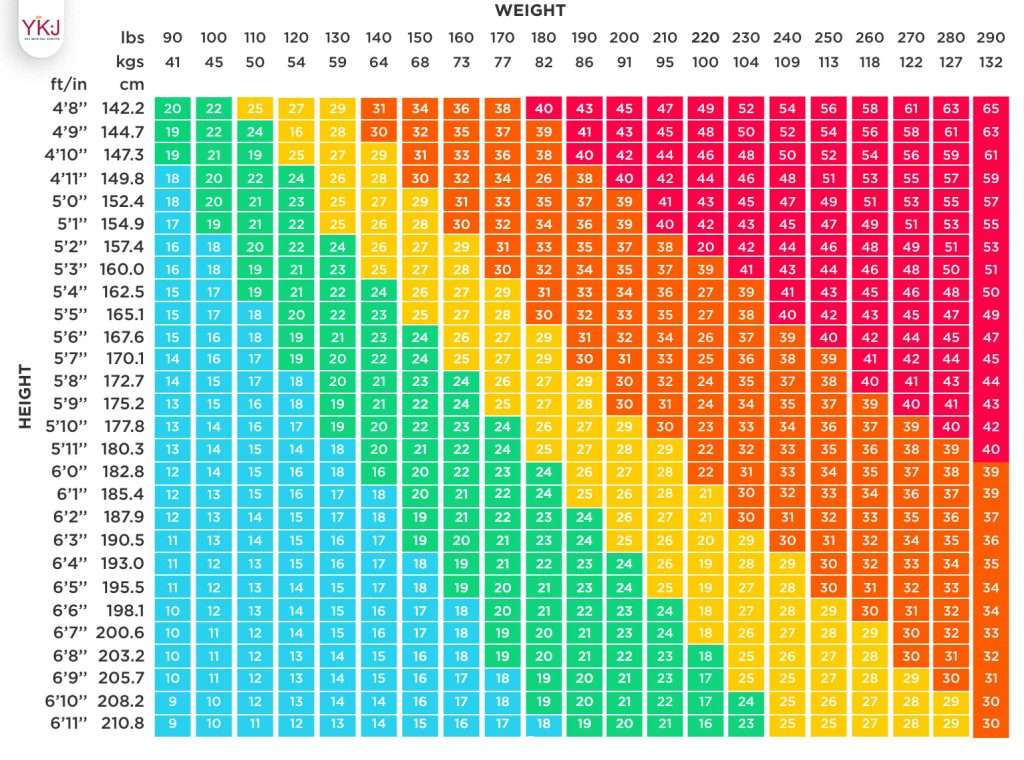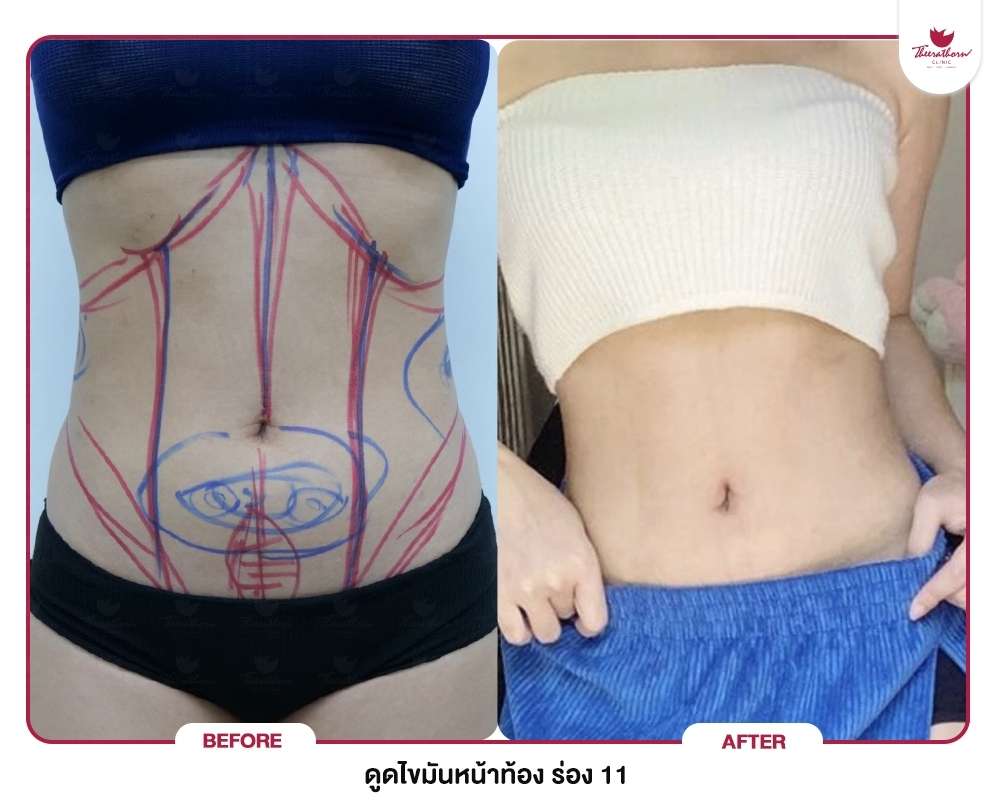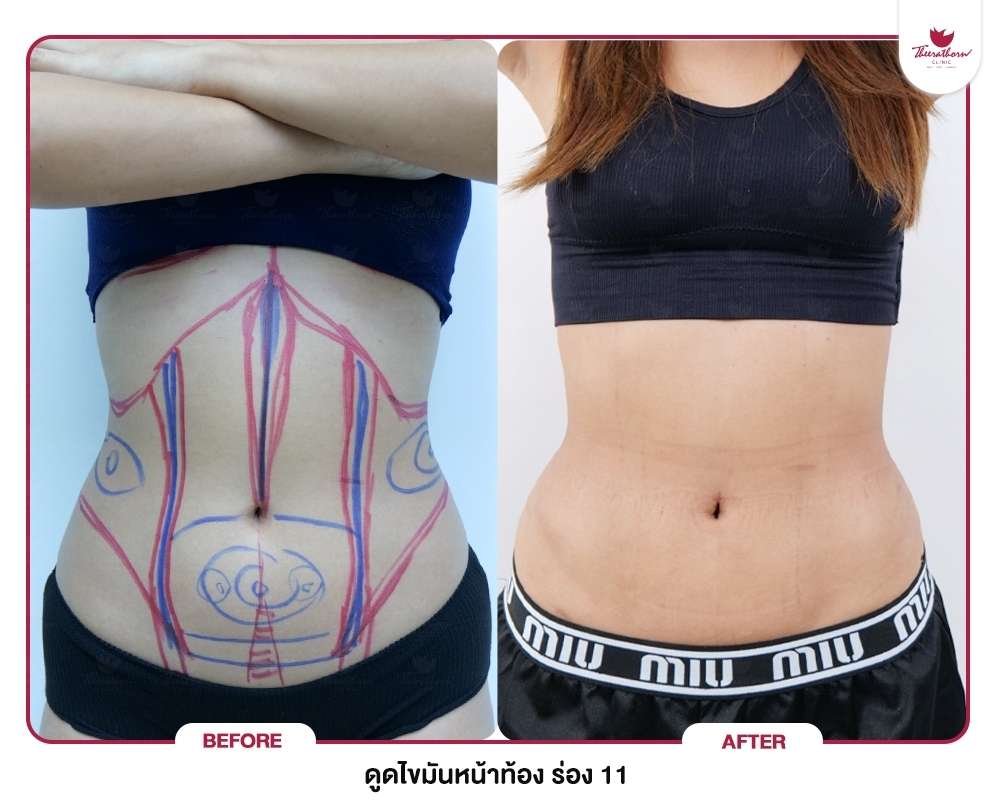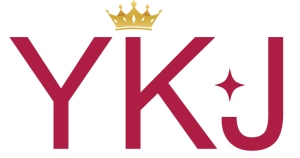
Liposuction programs are one of the popular methods for body contouring and reducing excess fat in the body. However, before deciding to undergo a liposuction program, a common question many people have is, “What weight is ideal for undergoing liposuction?” Choosing the right weight for liposuction is a crucial factor in ensuring effective and standardized treatment. This article will explore which weight ranges are suitable for liposuction and the factors that should be considered before making a decision..

Appropriate Weight for Undergoing Liposuction Programs
Liposuction is not designed for overall weight loss but aims to eliminate excess fat deposits in specific areas of the body that are resistant to diet and exercise. It is most suitable for individuals with a normal to slightly overweight body range (not obese) who wish to achieve a more balanced body contour.
Assessing Body Weight and BMI
One key tool for determining the suitability of liposuction is the Body Mass Index (BMI), which is calculated by dividing weight in kilograms by height in meters squared. Generally, liposuction is appropriate for those with a BMI between 18.5 and 30. This indicates that the individual’s weight should range from normal to slightly overweight. If the BMI exceeds 30, it may indicate overweight or obesity, where liposuction might not be appropriate. In such cases, excess weight should typically be addressed through dietary control and regular exercise instead.
Why is Liposuction Not Suitable for Those with Significant Overweight?
Although liposuction can reduce fat in specific areas such as the abdomen, thighs, or hips, it is not an ideal solution for individuals who are significantly overweight or obese. Liposuction does not remove fat uniformly from the entire body, and excess fat in other areas may still remain. This can result in dissatisfaction with body contouring outcomes or even undesirable effects such as uneven skin surfaces or fat redistribution to untreated areas. In such cases, holistic approaches such as diet and exercise are more effective and sustainable solutions.


Choosing the Right Liposuction Program
Selecting a suitable liposuction program involves several considerations, as outlined below:
Excess Fat Deposits:
Liposuction is ideal for individuals with localized fat deposits that are resistant to diet and exercise, such as fat in the abdomen, hips, or thighs. However, it is not intended as a weight loss solution for overall body weight reduction.
General Health:
Candidates should be in good general health without underlying medical conditions that may increase the risk of complications during the procedure, such as heart disease or diabetes.
Treatment Goals:
Liposuction is suitable for those who aim to sculpt and balance specific areas of the body, like contouring the abdomen or hips, rather than seeking complete weight loss.
Liposuction is best suited for individuals with a normal to slightly overweight body mass index (BMI 18.5-30) who have stubborn fat deposits that do not respond to diet or exercise. Factors to consider include general health, physical readiness, and treatment goals. Consulting a specialized physician for a comprehensive evaluation and guidance is essential to ensure effective and standardized results from liposuction.



 Home
Home  Doctor
Doctor  Inquiry
Inquiry  Chat
Chat 